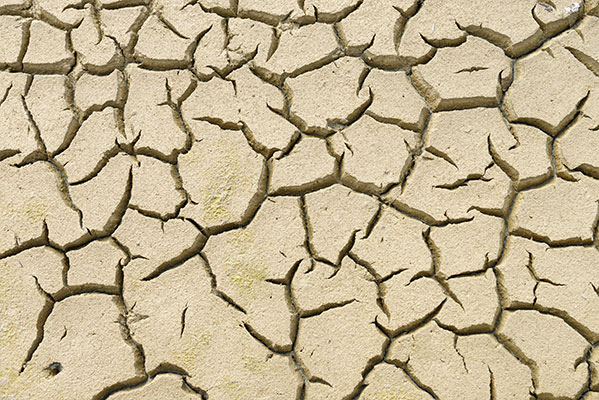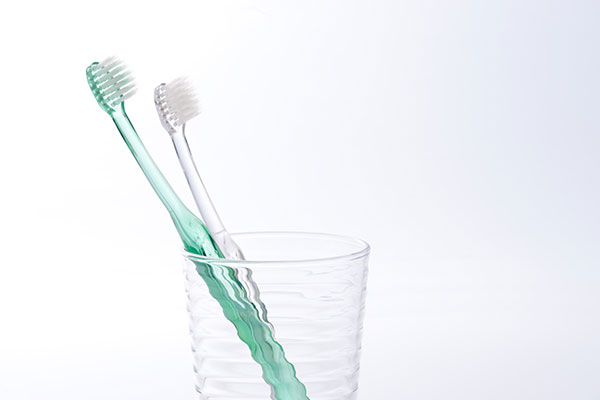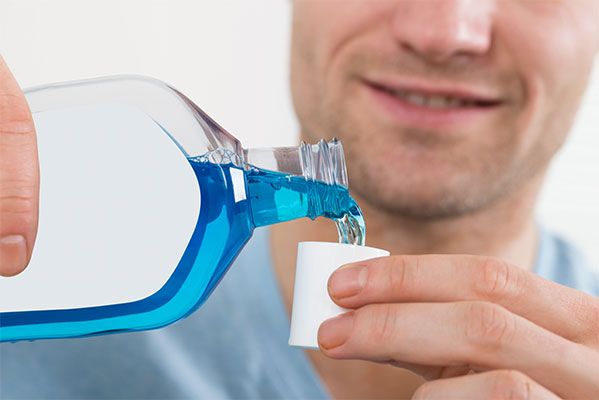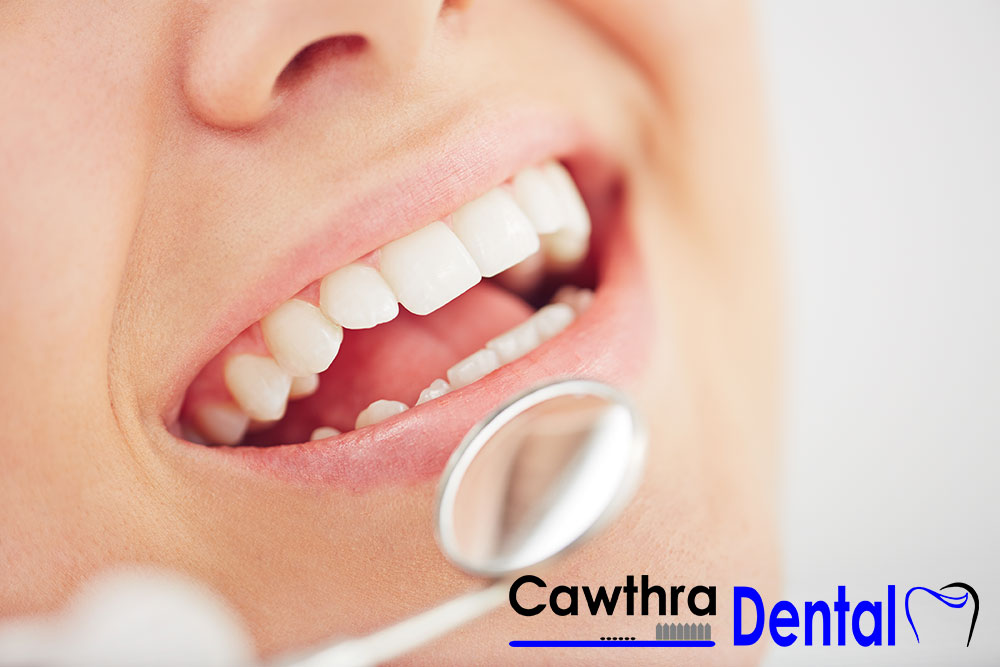Cancer affects almost everyone, with statistics from the Canadian Cancer Society showing that about 1 in 2 Canadians will develop cancer in their lifetime. Those undergoing cancer treatment experience a wide range of adverse side effects, including oral complications. Oral complications may be prevented or lessened in severity with proper oral care before and during cancer treatment.
Before cancer treatment:
Any dental work needed, such as fillings or extractions, should be done before beginning your cancer treatment. A dental cleaning and proper oral hygiene instruction limits your risk of oral complications during treatment. Elective dental treatment (anything non-emergency) is usually not recommended during chemotherapy. Consult with your oncologist before receiving dental treatment.
During cancer treatment:
The risk level for oral side effects depends on the type of cancer and the cancer treatment being received. Those receiving head and neck radiation have the most severe oral complications. Here are some common complications that occur:
Mucositis- Inflammation of the mouth, including mouth sores and swelling. This condition is quite painful and debilitating and may affect the ability to eat, talk and perform regular oral hygiene.
Oral infections- Some of the medications used to treat cancer may weaken the immune system. This can increase the risk of fungal, viral or bacterial oral infections.

Dry mouth- This symptom can be very uncomfortable and increase the risk of dental cavities. Dry mouth usually goes away after finishing chemotherapy but may be a permanent condition if receiving radiation therapy to the head and neck.
Neurotoxicity- Some chemotherapy drugs can affect the nervous system and cause nerve damage. Oral symptoms may include changes in taste and pain of the mouth and jaws. This is usually temporary but may take months to go away.
Fatigue- A common side effect during cancer treatment. Fatigue may lead to neglect of oral hygiene which would increase the risk of oral complications.
Oral care during cancer treatment:
These are generalized recommendations for oral care during cancer treatment. Your oncologist and dental professionals should be consulted for individualized recommendations that best suit your needs.

Brush twice a day- Keeping up with your regular brushing schedule will help keep bacteria levels under control and prevent further dental problems. An ultra-soft toothbrush may be needed if experiencing mouth pain.
Floss daily- It is very important to remove the food and bacteria from your teeth daily to prevent issues with dental cavities and gum inflammation. This may need to be discontinued during some cancer treatments if the risk of bleeding and bacteremia (bacteria entering the bloodstream) is too high. Consult with your oncologist.

Mouthrinses- A soothing mouthrinse of baking soda and water (1 tsp baking soda in 1 cup of water) can be used for those with mucositis or after vomiting to neutralize acids. A saliva replacement rinse such as Biotene may be helpful for those experiencing dry mouth. Alcohol-containing mouthrinses should be avoided during cancer treatment due to the risk of further irritating the tissues.
Fluoride treatments- For those receiving head and neck radiation and experiencing saliva dysfunction, at-home fluoride treatments may be necessary to prevent dental cavities.
Some oral complications are so debilitating that it may require a delay in cancer treatment. Good oral hygiene will help to ensure proper cancer treatments can take place, as well as improved quality of life and reduction of pain and oral infection. When your cancer treatment is complete, your oncologist will advise you when you can safely continue with regular dental treatment.

